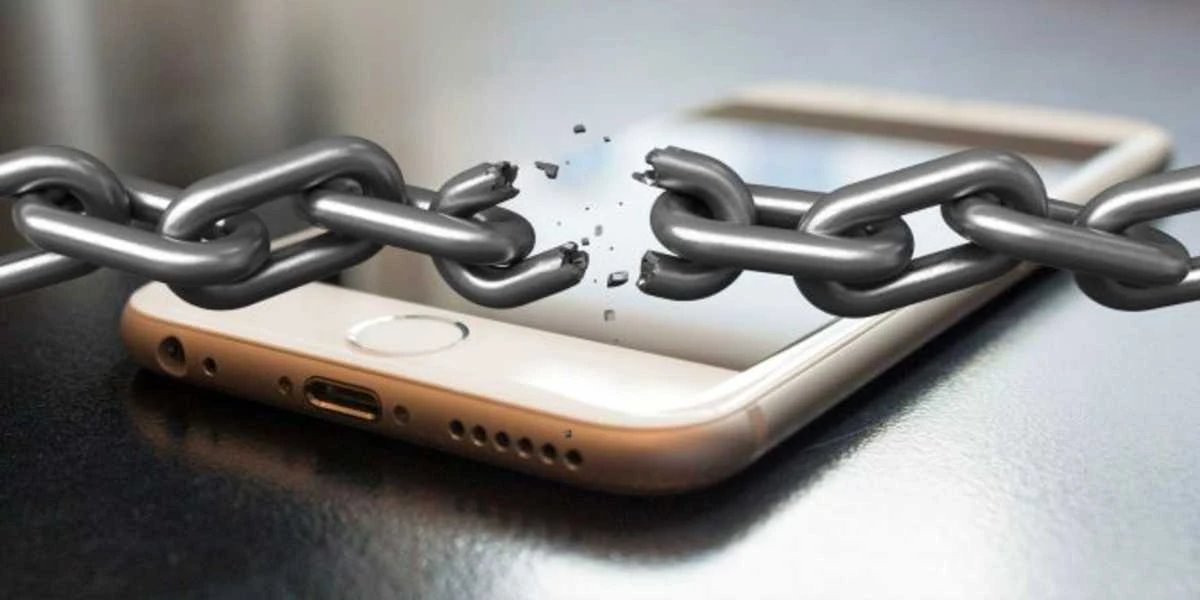Mobile phone companies in the UK are to be banned from selling ‘locked’ handsets, under a range of new rules from Ofcom, that will make switching networks even simpler.
Initially proposed in December 2019, following consultation, Ofcom has confirmed that mobile companies will be banned from selling locked phones – allowing people to move to a different network with their existing handset, hassle-free. Unfortunately, the new rules won’t come into force until December 2021.
Selina Chadha, Ofcom’s Connectivity Director, said:
“We know that lots of people can be put off from switching because their handset is locked.
“So we’re banning mobile companies from selling locked phones, which will save people time, money and effort – and help them unlock better deals.”
O2, Sky, Three and Virgin all choose to sell unlocked devices to their customers. Back in 2019, O2 welcomed Ofcom’s plans, while Three supported the proposals.
Mark Evans, CEO O2, commented:
“We fully support Ofcom’s decision today. At O2 we started selling unlocked handsets to customers a number of years ago – and we still maintain the best loyalty in the industry.
Offering value and flexibility is a much better way to win trust, and as an industry we should be working to give customers the best of both.”
However, some companies, including BT/EE, Tesco Mobile and Vodafone, still sell mobile phones that cannot be used on other networks unless they are unlocked, a potentially complicated process which can also cost around £10.
Back in 2019, neither Vodafone or EE were in favour of the proposals. However, both stated today:
“We stand ready to implement these changes when they come into force.” a Vodafone spokesperson said.
EE added:
“We’ll work with Ofcom to comply with its guidelines.”
Ofcom research has found that more than a third (35%) of people who decided against switching said this put them off.
Almost half of customers who try to unlock their device experience difficulties doing so. For example, they may experience a long delay before getting the code they need to unlock their device; the code might not work; or they could suffer a loss of service if they did not realise their device was locked before they tried to switch.
The ban on selling locked handsets is part of a broad package of measures Ofcom is introducing, most of which reflect new European rules. This includes making switching easier and helping ensure customers are treated fairly.
Under the new measures, people will also get a summary of the main terms of their contract in writing – before they sign up. This will include, for example, contract length and prices, and broadband providers will have to tell customers the minimum internet speeds they can expect.
Ofcom is also making it easier to switch between broadband networks. At present, customers switching between providers such as BT, Sky and TalkTalk on Openreach’s copper network can simply contact their new provider, who will manage the switch from there.
But customers moving to a different broadband network – such as Virgin Media, CityFibre, Gigaclear or Hyperoptic – need to manage the switch themselves and coordinate with both their new and existing provider to avoid a gap between the old service ending and the new one starting.
Ofcom says it will shortly consult on more detailed proposals for a new simpler switching process for all broadband customers.
The plan from Ofcom follows the successful launch of Text To Switch earlier in July, which lets customers switch networks by sending a text message rather than having to phone their current provider.



